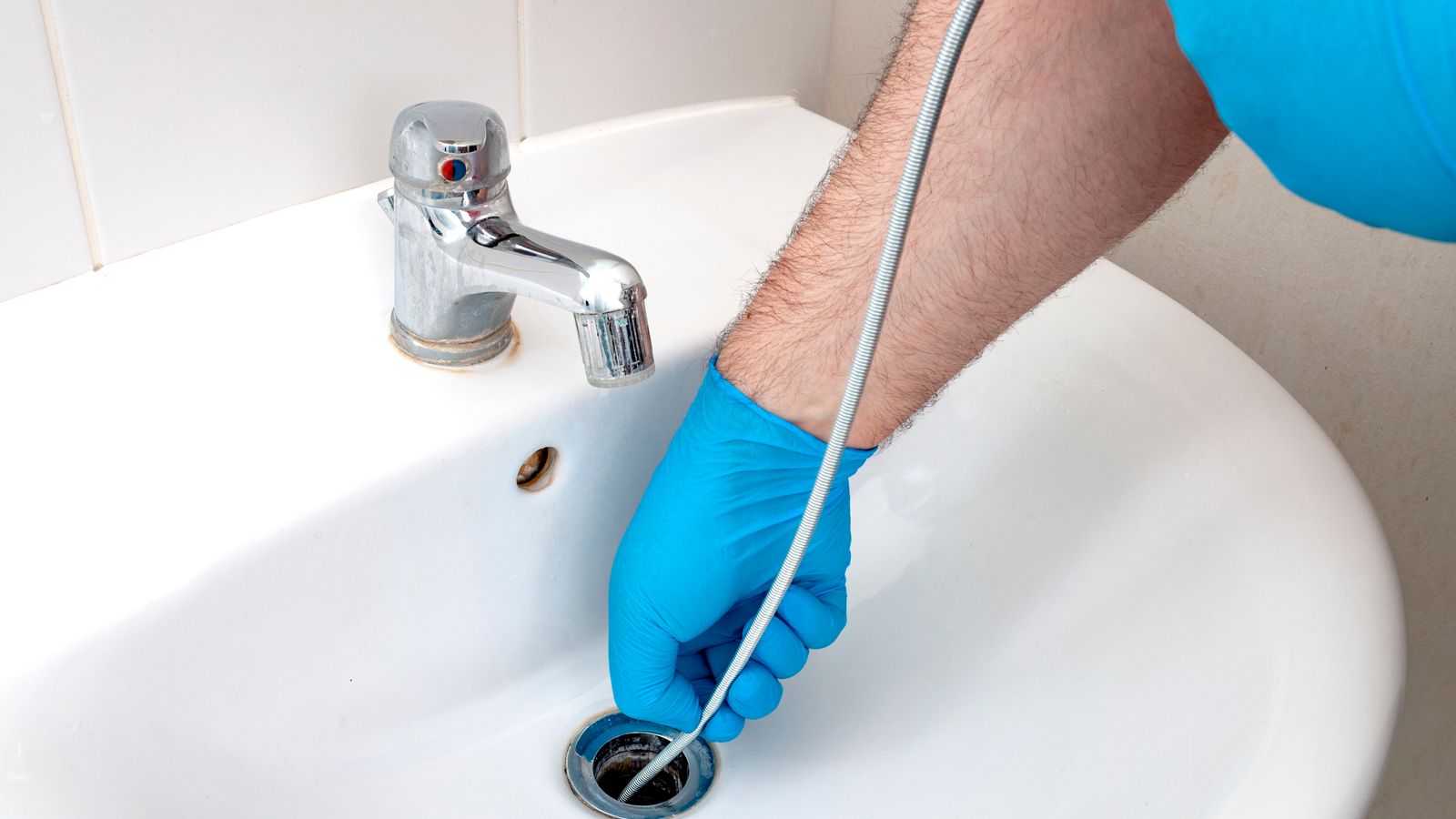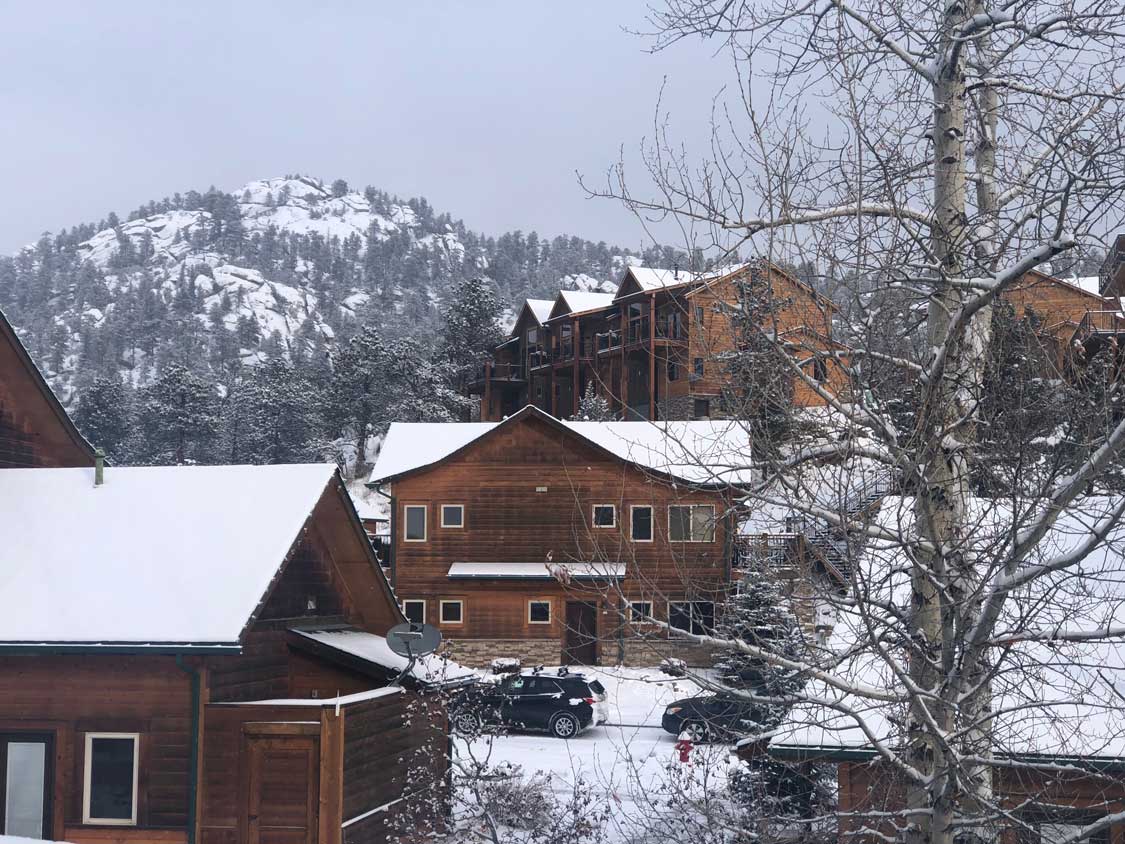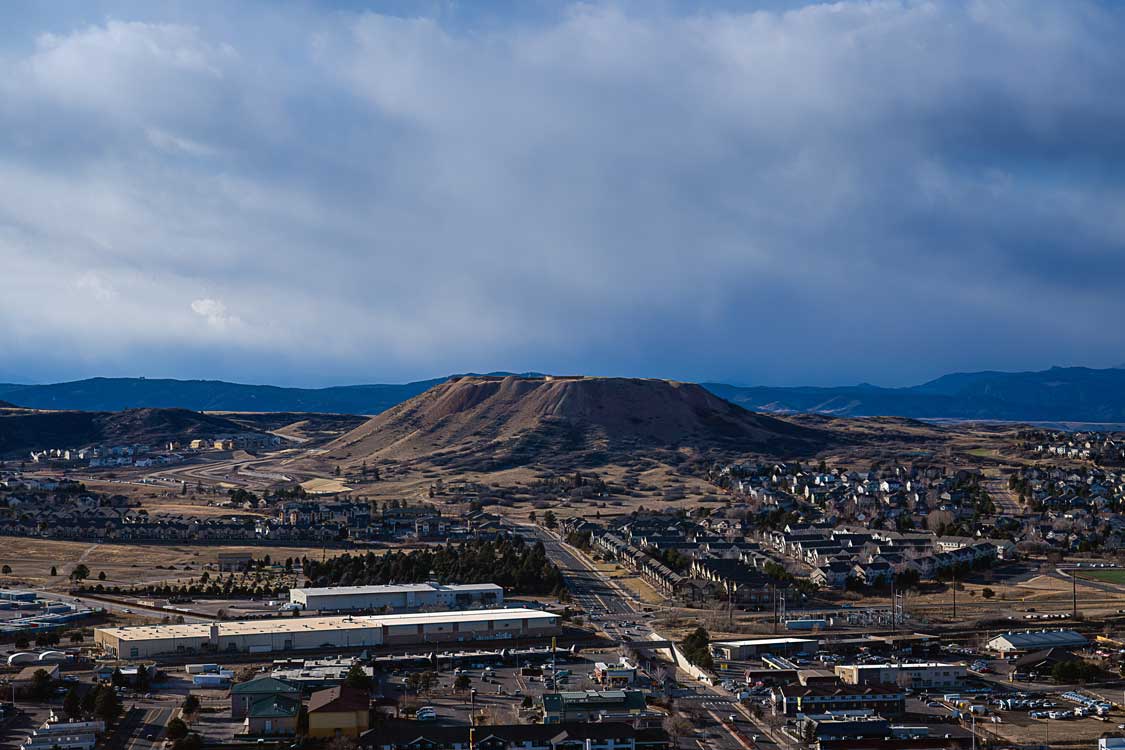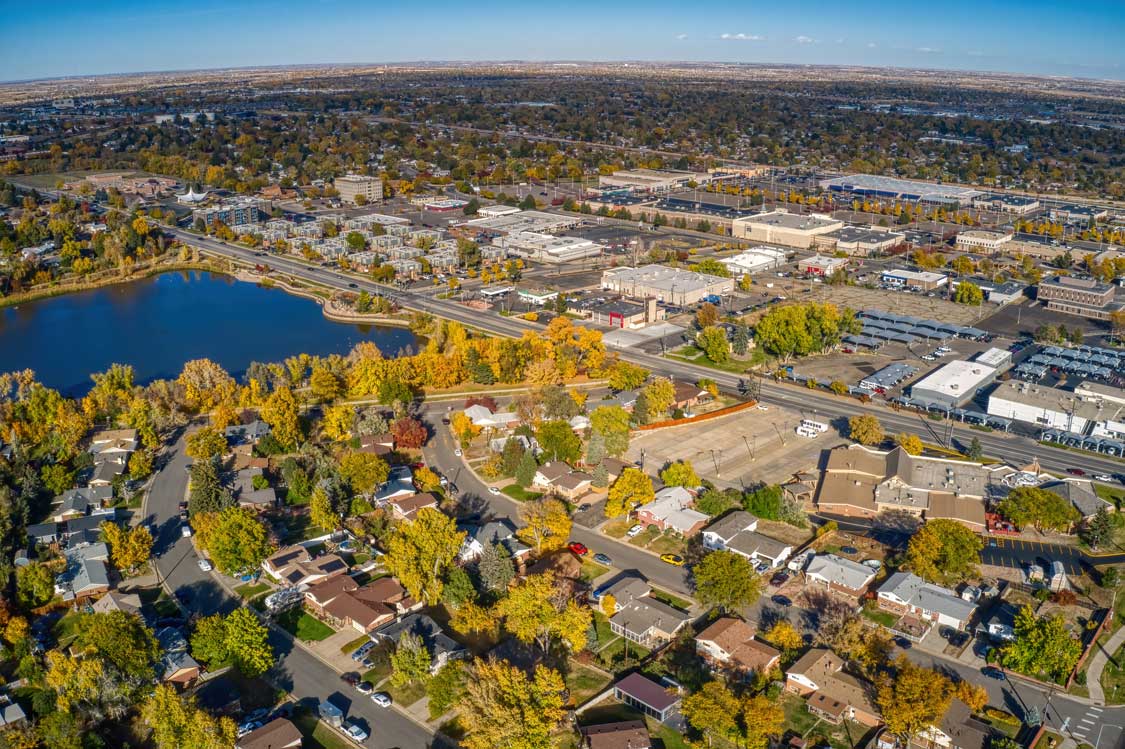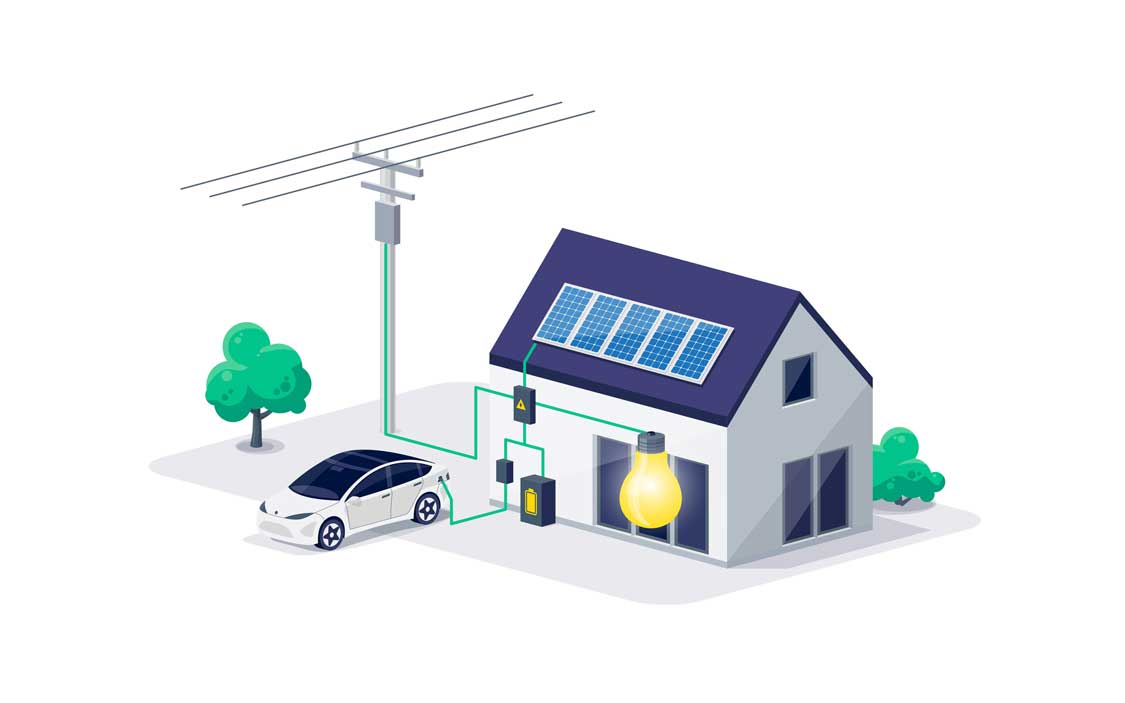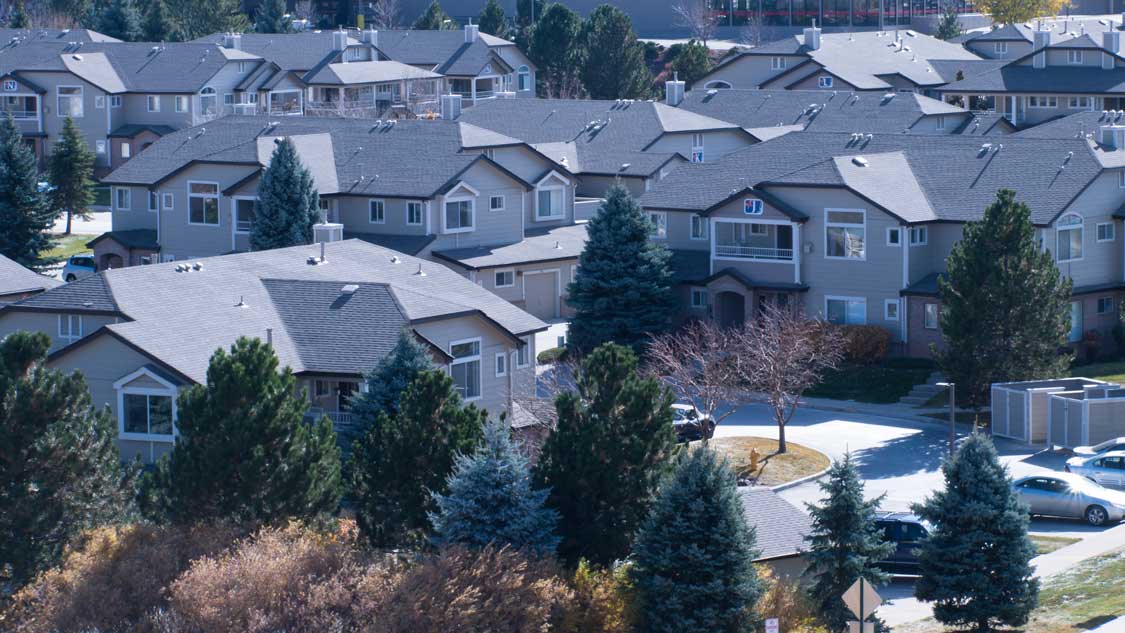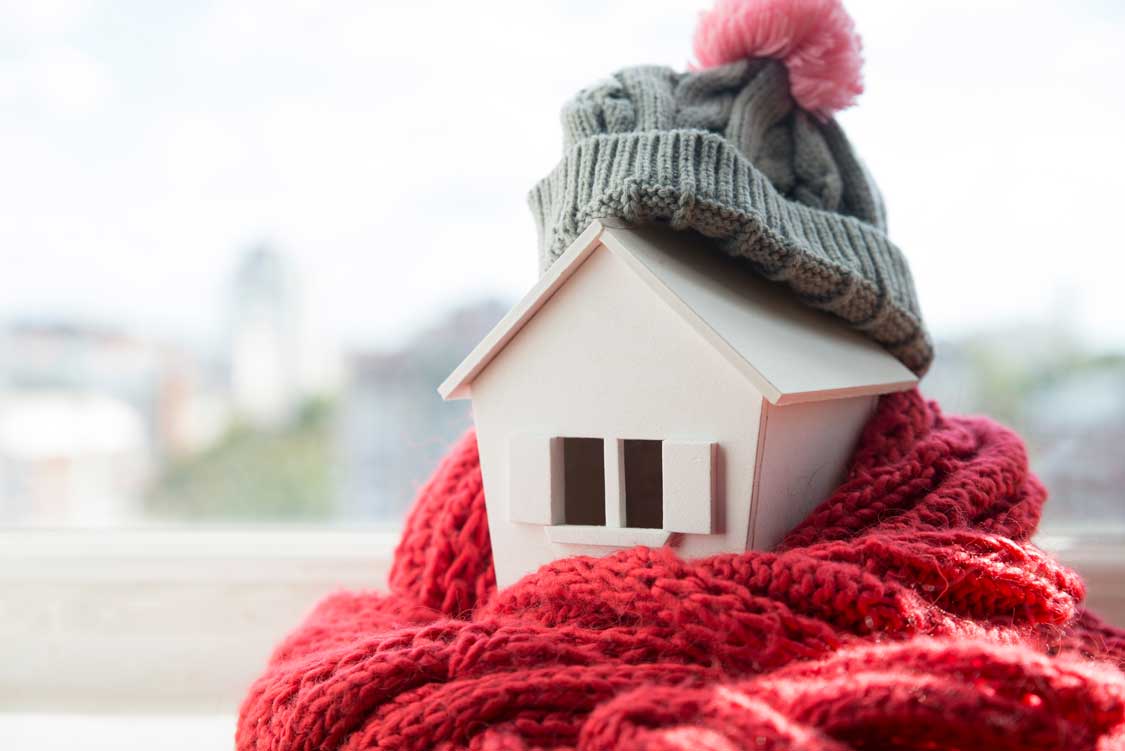Clogged drains are a year-round nuisance, but spring weather makes them even worse. Rising groundwater levels, shifting soil, and increased moisture can put extra pressure on pipes, leading to slow drainage, sewer backups, and hidden leaks. In Aurora and Greater Denver, bentonite-rich clay expands with moisture, stressing underground plumbing and making minor clogs turn into major blockages.
Ignoring these seasonal changes can result in overflowing drains, costly pipe damage, and even sewer backups inside your home. Taking action now can prevent these issues before they escalate.
3 Common Causes of Spring Drain Clogs
Several plumbing issues become more common in spring, but three stand out as the biggest culprits in Aurora and Greater Denver. Small problems can quickly escalate, leading to slow drains, backups, and even sewer line damage.
Tree Root Intrusion
Tree roots grow aggressively in spring, searching for moisture in warming soil. Sewer lines provide an ideal environment since small cracks in pipes allow roots to enter and expand. Over time, these roots thicken and create serious blockages, restricting water flow and leading to clogged drains.
- Older neighborhoods face a higher risk: Homes in areas like Arvada and Westminster often have mature trees with deep root systems that invade underground pipes.
- Slow drains and gurgling noises may be early warning signs: If sinks, tubs, or toilets drain slowly or make strange sounds, tree roots could be causing the problem.
- Delaying repairs can lead to major damage: Left unchecked, tree roots can crack or collapse pipes, resulting in expensive repairs.
Kitchen Grease Buildup
Spring cleaning often means more home-cooked meals, but pouring grease and fats down the drain can lead to stubborn clogs. Grease may seem harmless when poured as a liquid, but it cools and solidifies inside pipes, trapping food particles and causing blockages.
- Hot water won’t stop grease from sticking to pipes: Pouring grease down the drain with hot water only pushes it further into the plumbing, where it cools and hardens.
- Proper disposal helps prevent clogs: Let grease solidify in a heat-safe container before throwing it in the trash. Wiping pans with a paper towel before rinsing also helps.
- Kitchen sinks and dishwashers are especially vulnerable: Grease buildup doesn’t just affect the sink—it can also clog the dishwasher drain and cause backups.
Basement Drain Backups
Snowmelt and spring rain can overwhelm basement drains, especially in homes with older plumbing or existing blockages. Excess water saturates the soil, increasing pressure on underground pipes and forcing water into drain lines.
- Basement drains should flow freely: Pooling water or slow drainage could mean a clog is forming.
- Musty odors often signal trouble: Foul smells from basement drains may indicate standing water in the pipes, which can lead to mold growth and pipe corrosion.
- Delaying action can lead to major flooding: Blocked basement drains can cause water damage and expensive repairs if not addressed quickly.
Signs Your Drains Are Getting Worse This Spring
Plumbing issues rarely appear overnight—most start with small warning signs. Catching these early can prevent expensive repairs down the road.
- Sinks and tubs drain slowly: Water pooling or taking longer than usual to drain often means a clog is forming.
- Gurgling sounds in pipes indicate trapped air: Bubbling noises can mean a partial clog is disrupting normal water flow.
- Foul odors could mean buildup inside pipes: Bad smells often result from accumulated food, grease, or sewage.
- Unusual patches of lush grass in the yard can signal sewer leaks: Tree root intrusion or cracked pipes can fertilize the surrounding soil, making certain areas noticeably greener.
What You Can Do to Prevent Drain Clogs
A few adjustments in daily habits can prevent clogged drains from turning into major plumbing headaches.
Regular Maintenance and Inspection
Routine plumbing maintenance helps catch minor issues before they escalate into costly repairs. Professional drain inspections can identify hidden blockages and areas at risk of clogging.
- Annual inspections help avoid surprises: Plumbers use camera technology to check sewer lines and drains for buildup or tree root intrusion.
- Clearing drains before problems develop saves money in the long run: Preventative maintenance costs far less than emergency plumbing repairs.
Proper Disposal of Waste
Many clogged drains result from improper disposal of household waste. Small changes make a big difference in keeping plumbing clear.
- Grease and oil should never go down the drain: Let grease cool and then dispose of it in the trash instead of the sink.
- Drain screens keep debris out of pipes: Placing screens over sink and shower drains helps prevent food particles, hair, and soap scum from creating blockages.
- Food scraps belong in the trash, not the garbage disposal: Coffee grounds, eggshells, and fibrous vegetables like celery and potato peels can clog pipes.
Be Mindful of What Goes Down the Toilet
Flushing the wrong materials can lead to severe drain clogs and sewer backups. Even wipes labeled “flushable” don’t break down as easily as toilet paper.
- Toilet paper is the only thing that should be flushed: Paper towels, hygiene products, and baby wipes can clog pipes.
- “Flushable” wipes don’t dissolve as quickly as advertised: These products take longer to break down and often lead to plumbing blockages.
- Foreign objects are a major cause of toilet backups: Small toys, cotton swabs, and dental floss should never go into the toilet.
Professional Solutions for Persistent Drain Issues
Some clogged drains require professional attention. When household remedies fail, expert services can provide a long-term fix.
Drain Clearing
Plumbers use specialized tools to remove tough clogs quickly and safely. Professional drain clearing is far more effective than using chemical drain cleaners, which can damage pipes over time.
- Drain snakes break through stubborn blockages: Plumbers use drain snakes to remove debris and restore proper water flow.
- Professional drain clearing prevents recurring problems: DIY methods often push blockages deeper, while professional cleaning fully removes the clog.
Hydro Jetting
Hydro jetting blasts high-pressure water through pipes to clear grease, sludge, and tree roots. This method works well for tough clogs and regular maintenance.
- Hydro jetting removes buildup more effectively than traditional methods: The powerful water stream clears debris that standard drain-clearing techniques can’t.
- Older homes with aging pipes benefit from regular hydro jetting: Many Denver homes have decades-old plumbing that accumulates grease and debris over time.
Trenchless Sewer Repair
When clogged drains stem from cracked or damaged sewer lines, trenchless sewer repair offers a less invasive fix. This method restores pipes without the need for major excavation.
- Yards stay intact with trenchless repairs: Traditional sewer work requires digging up landscaping, but trenchless methods only need small access points.
- Ideal for homes with shifting soil and tree root intrusion: Expanding clay soil and aggressive roots frequently damage sewer lines in Denver.
Done! Clears the Toughest Clogs—For Good
A slow drain today can become a full-blown plumbing emergency tomorrow. At Done! Plumbing, Heating, Cooling & Electric, we specialize in professional drain cleaning, hydro jetting, and sewer line repairs designed for Colorado’s unique soil and weather conditions.
- 24/7 Emergency Service – Plumbing problems don’t wait, and neither do we. Our team is available anytime, day or night.
- Upfront, Honest Pricing – No surprises, no hidden fees—just expert service you can trust.
- Lasting Solutions, Not Quick Fixes – We address the root cause of clogs to prevent repeat issues.
One Call… It’s Done!
Don’t let a small clog turn into a major headache. Call (833) 539-9153 or schedule online today for fast, expert drain services.
Ask about the Care Club for priority scheduling, exclusive discounts, and routine plumbing maintenance.

